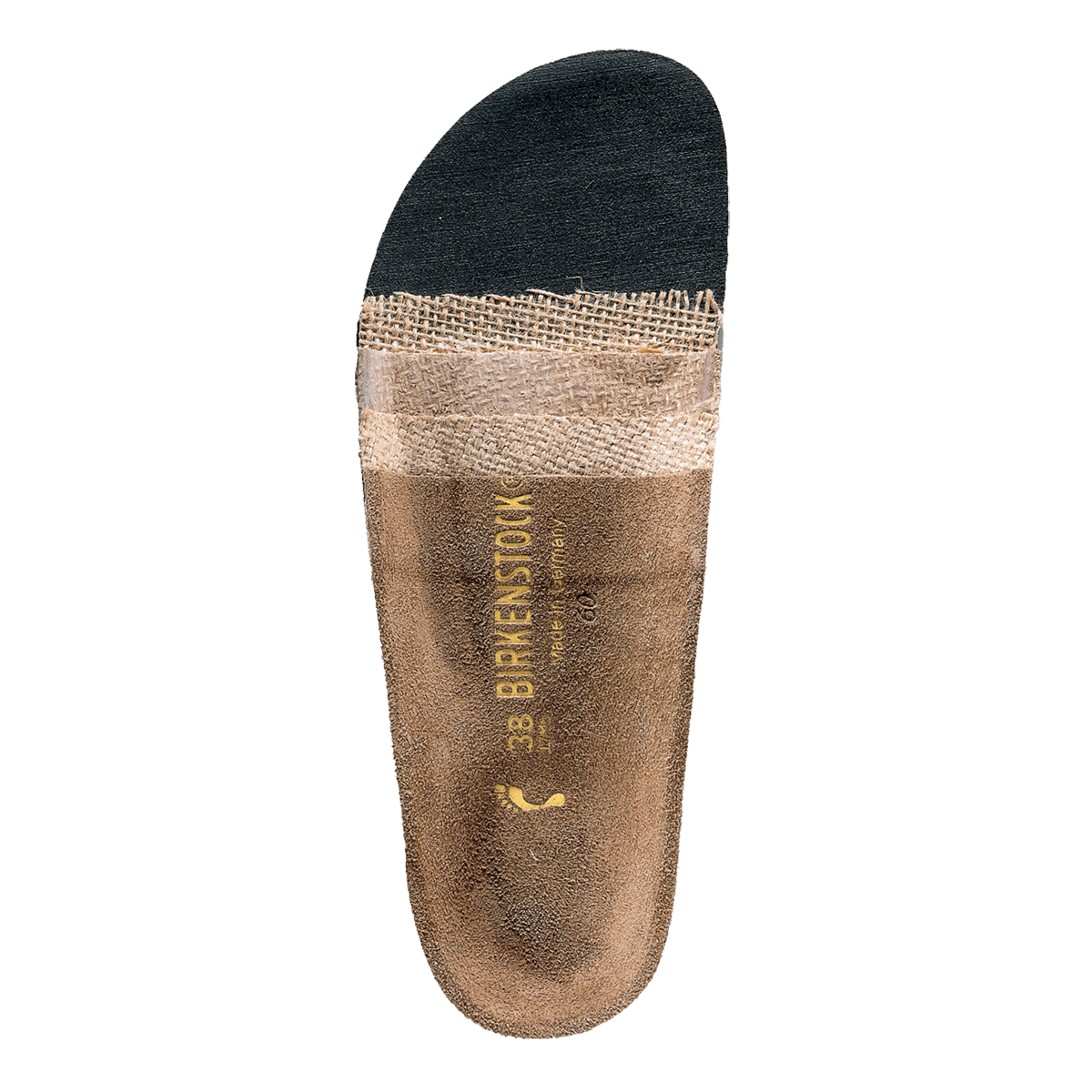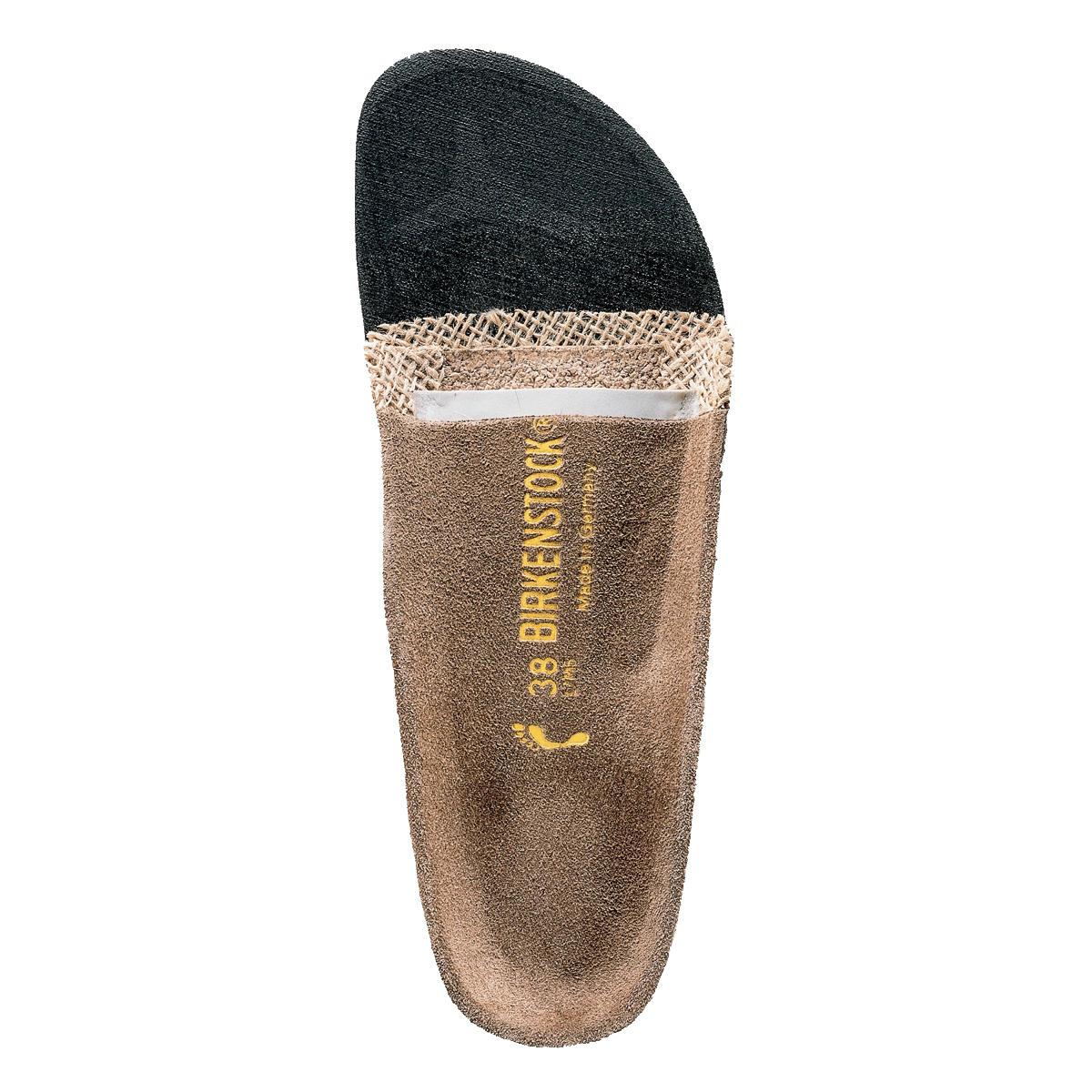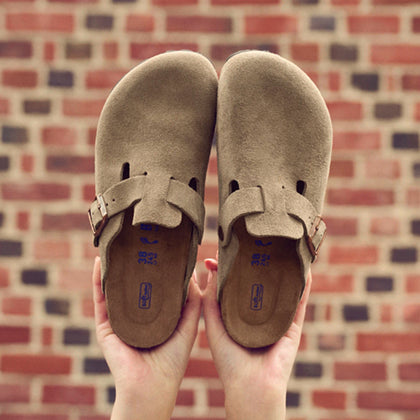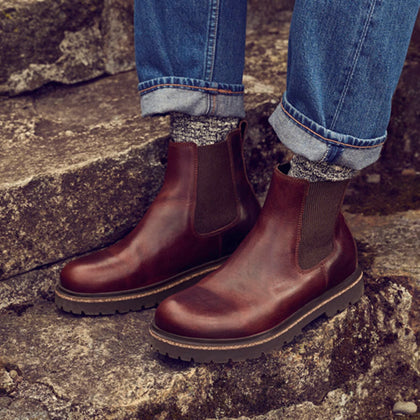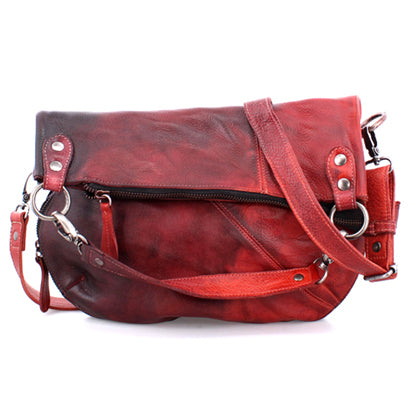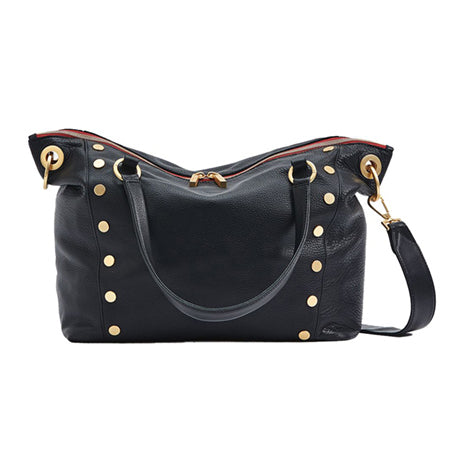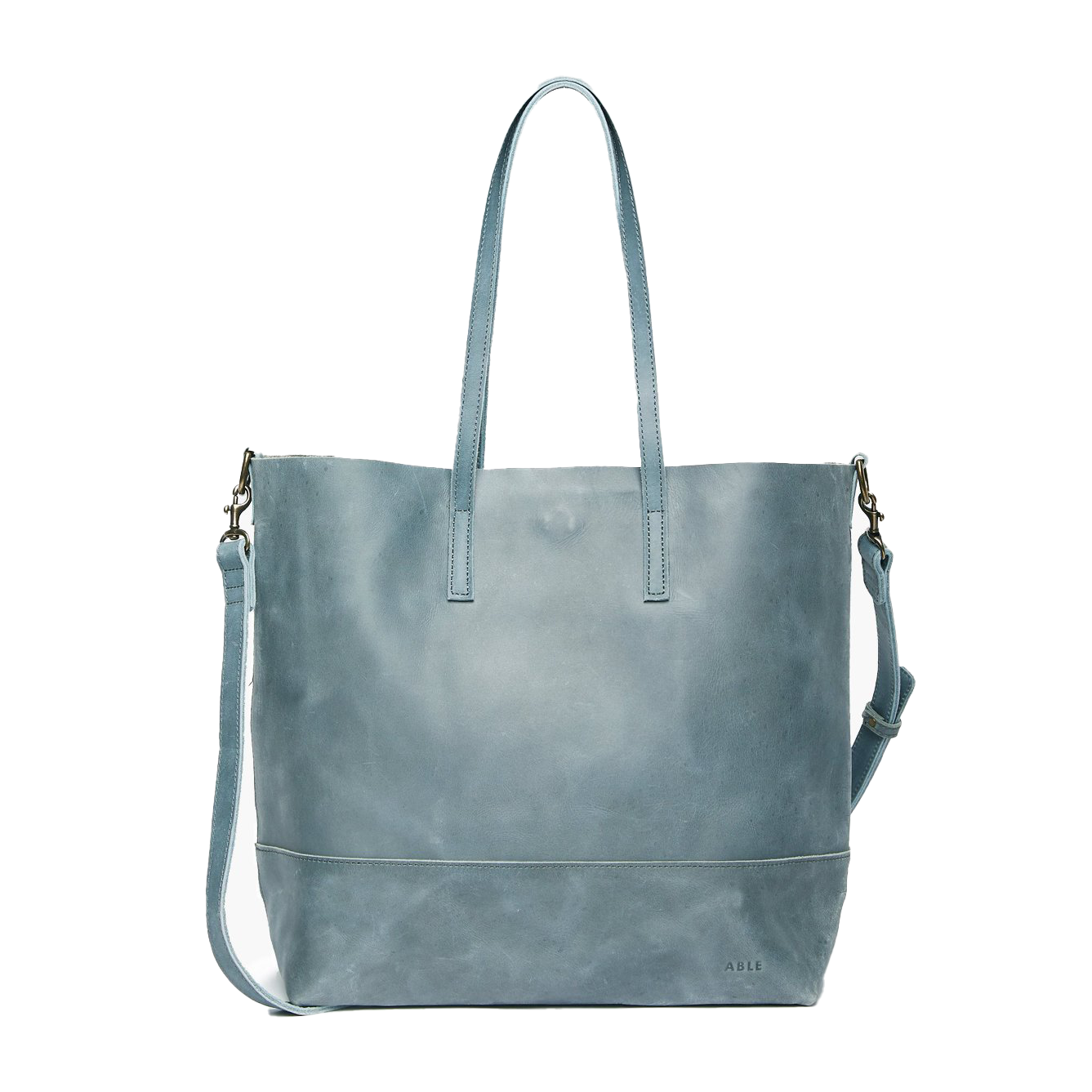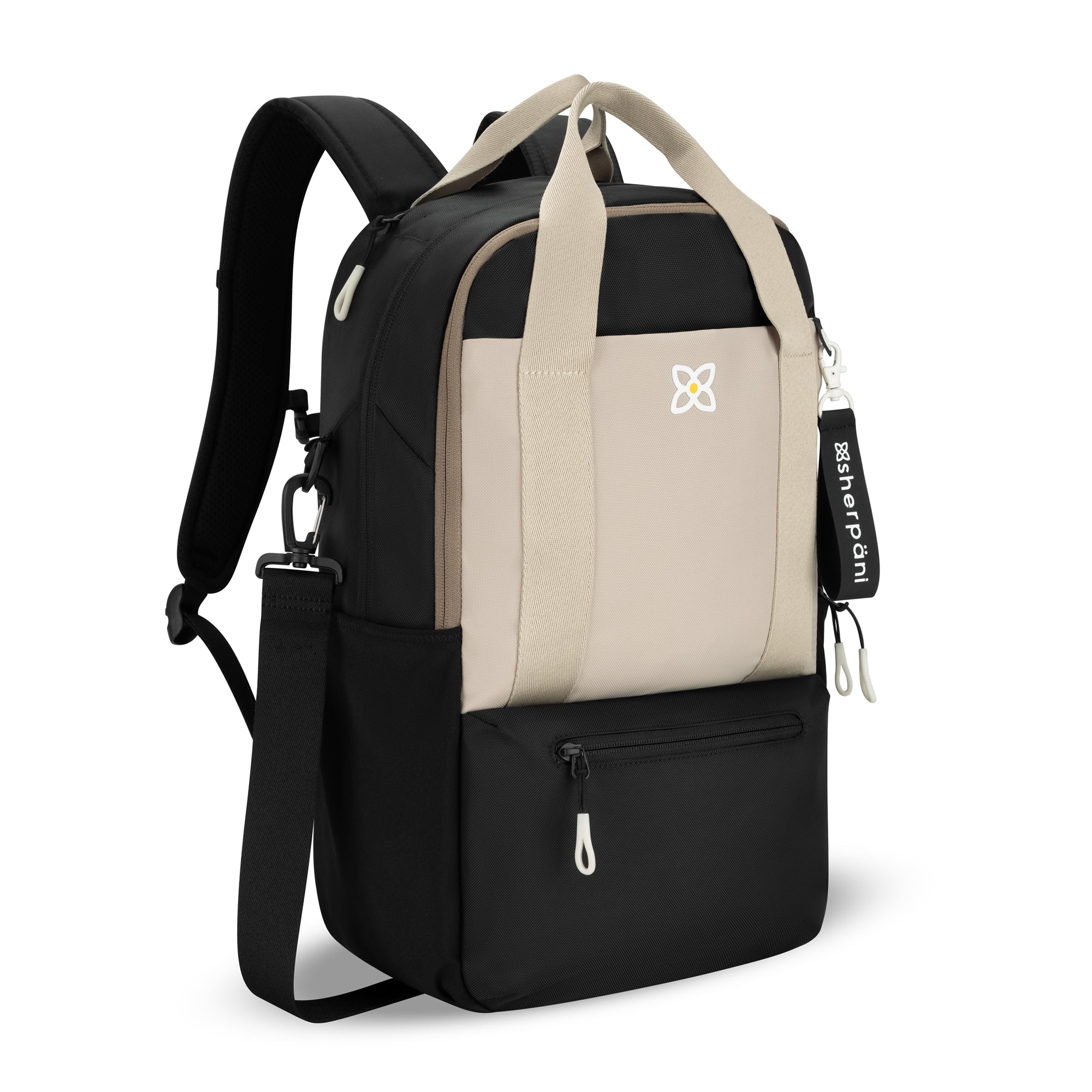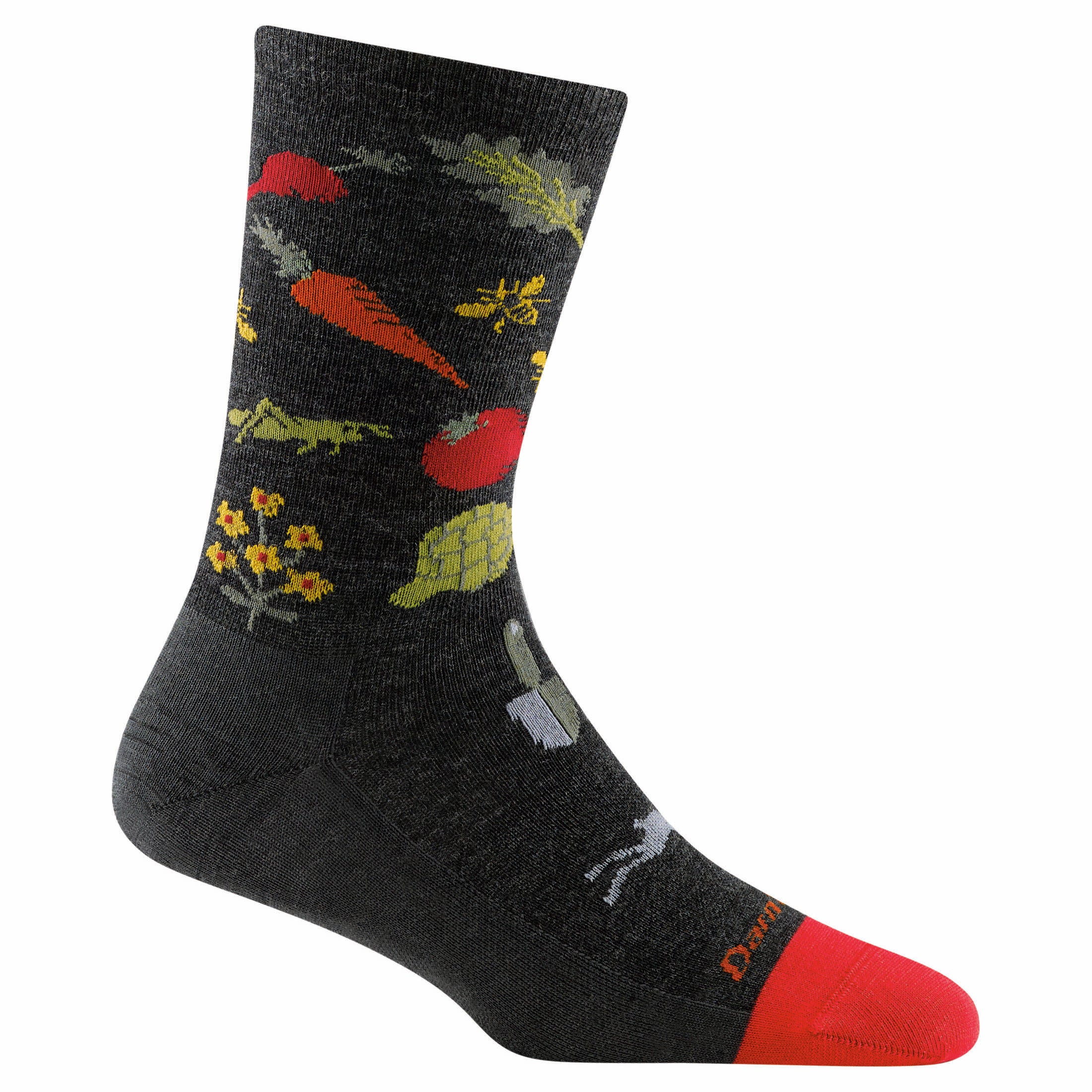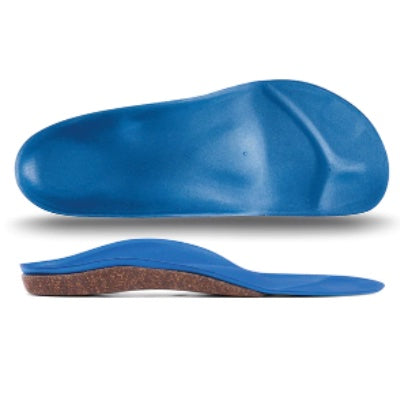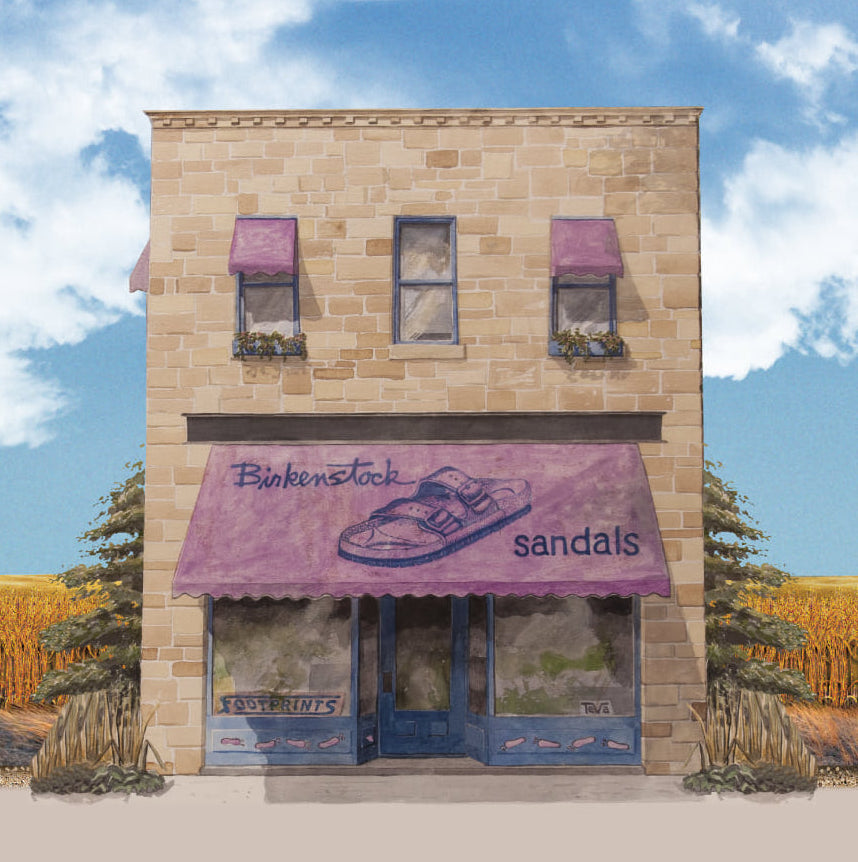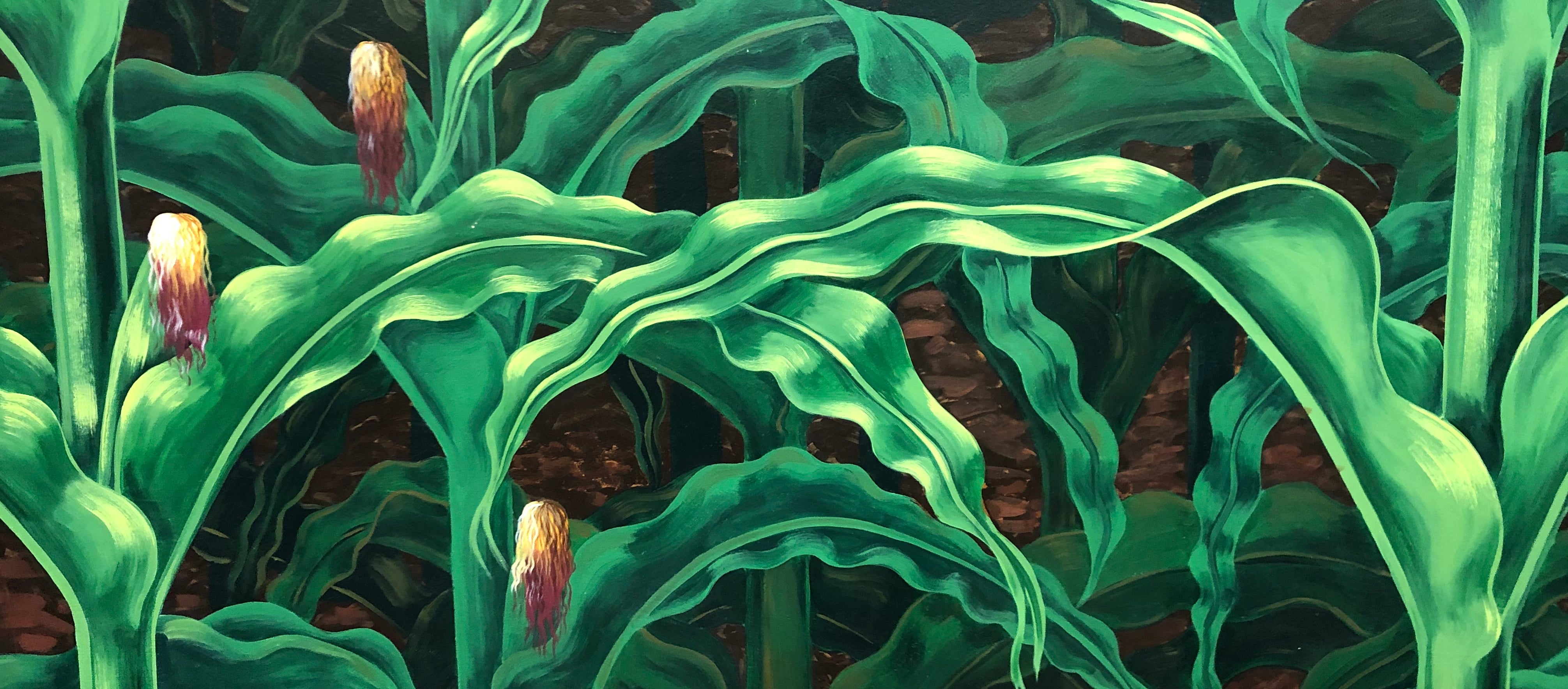Below you will see our pukpuk table. It belongs to my brother who had lived in Papau New Guinea (PNG), where this table was carved by local carvers from one piece of a compassia tree, one of many gorgeous hardwood trees of the PNG tropical rain forests. For decades the table resided in my mother's garden room. The snout and tail jut out from the table top and can easily bang up your shins as you walk by, if you are not careful. My mom always complained about the pukpuk table taking a bite out of her legs. Since my brother lives in Australia, the table is on loan to our store.
Last week we had a couple in to get their Birkenstock sandals repaired. They had done mission work in New Guinea and told me stories of paddling down the Sepik River in a shallow dugout canoe and seeing the flaring nostrils and the dead stare of crocodile's eyeballs skimming the surface of the river. Pukpuk is a Pidgin English word for crocodiles. Our table is life-size at 7 feet long for a smaller croc. Males can grow to 11 feet and about 9 feet for females.

All cultures have creation myths. In PNG the myth involves the pukpuk as follows: The pukpuk was a giant crocodile. It gave birth to a human and cared for him. However, the human became jealous of the powerful crocodile and picked up a rock and killed him. Feeling remorse at the terrible thing he had done, he began to weep. He wept so much that his tears became the Sepik river. Since the PNG highlands can receive up to 200 inches of rain per year, it seems he continues to weep.

We tend to think of crocodiles as vicious creatures sine they are reptiles dating back to the days of the dinosaurs. We have the phrase "crocodile tears" to denote superficial sympathy or hypocrisy originating from the ancient belief that crocodiles shed tears while eating their victims. Yes, crocodiles do have tear ducts and produce tears when their eyes dry out and need lubrication, frequently while eating. However, it is probably not an indication of emotional regrets on the part of the crocodile. For the most part they eat fish and small animals, rarely humans.

Papau New Guinea is an island directly north of Australia. Because of the mountain ranges, dense jungles and lack of roads, communities are isolated. There are over 800 different languages spoken.This makes communication difficult between the various tribal groups. To facilitate modern trade and commerce, the lingua franca is a form of Pidgin English called Tok Pisin.

This is our first blog on our new website. My brother just sent great photos from PNG, which I will share next time. Though in PNG they don't use the catch phrase "See you later alligator," a common farewell in Tok Pisin would be "Lukim yu Bihain," roughly "look you behind." So for now, until next time--Lukim yu bihain pukpuk.


